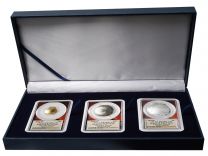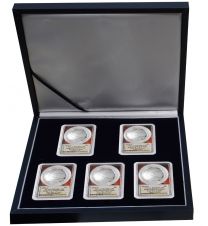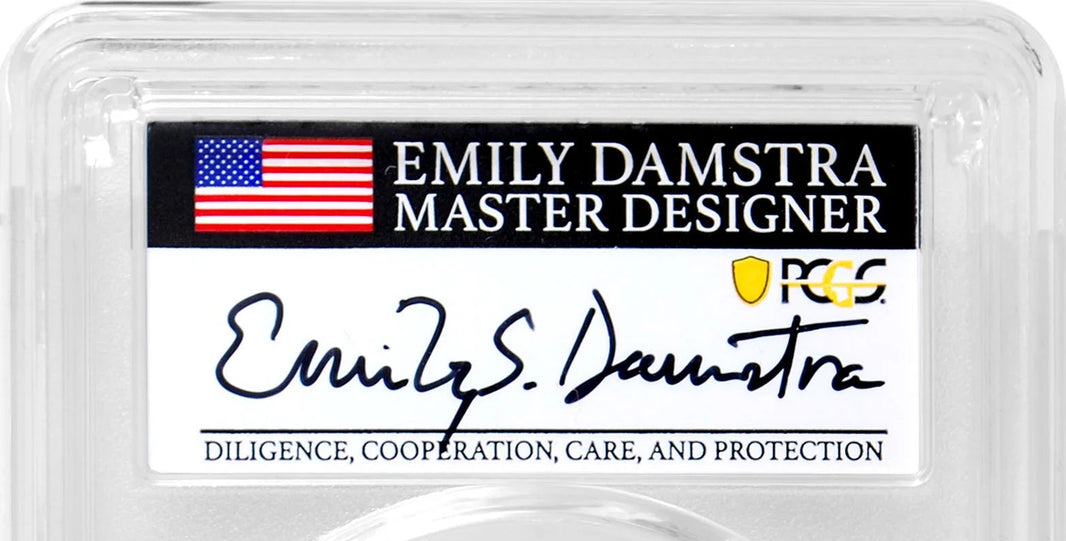Presented by Basketball’s Inventor, James Naismith
The 1st Year of the Sport on the World Stage! Given to William Wheatley, Team Captain


James Naismith presenting the 1st Gold Medal for Basketball to William Wheatley
NGC certified the first Olympic gold medal for basketball ever awarded. This ultimate symbol of the sport’s rise to a global phenomenon was presented to US team captain William “Bill” Wheatly by James Naismith, the inventor of basketball, during the 1936 Berlin Olympic Games.
With Germany as the host country and the world on the eve of war, tensions were high during the 1936 Summer Olympic Games. The event — one of great importance to the history of sports and the world in general — would be the last Olympics held for 12 years.
Basketball, which had been invented by Naismith in 1891, made its Olympic debut at the 1936 Games. The championship pitted the US against Canada and was played on an outdoor dirt court during a rainstorm. On account of the playing conditions, the final score was only 19-8. The US team was helped by its height advantage that allowed it to pass the ball a little more efficiently, thus avoiding the soggy ground and puddles.
Naismith crossed the Atlantic to serve as the honorary chairman of the Olympic tournament and to award the medals at its conclusion. As team captain, Wheatly went up to the podium before his teammates, thus establishing his medal as the very first Olympic gold medal for basketball ever awarded.
This extraordinary representative of one the greatest achievements in sports features allegorical figures of victory on the obverse and reverse, the former bearing raised text that reads “XI OLYMPIADE BERLIN 1936.” The medal measures 55 millimeters in diameter and weighs 72 grams, which is accommodated by the NGC Oversize Holder. The NGC certification label prominently displays the medal’s impressive pedigree.
At the time he made the Olympic team, Wheatly, a native of Gypsum Kansas, was playing Amateur Athletic Association (AAU) basketball for his company team while working for Globe Oil & Refining Co. After the Berlin Games, he played AAU ball for several more years, and then coached for a while before going into carpentry in the late 1940s.
In the early 1970s, Wheatly’s house was burglarized, and several silver coins were stolen, but amazingly the gold medal in the same drawer was left behind. Wheatly was then persuaded to send the medal and other memorabilia to the Basketball Hall of Fame. The medal remained at the Basketball Hall of Fame until Wheatly’s death in 1992, when it was returned to his family.










